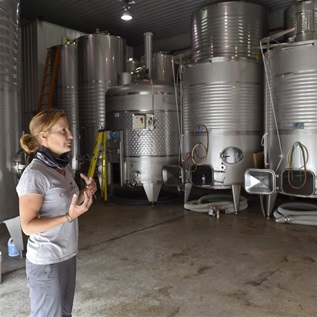Auto-IRA: Statement by Jim O'Hara, Managing Director Policy Initiatives and the Health and Human Services Program
The following statement is in response to the introduction of federal legislation to promote retirement savings through "Automatic Individual Retirement Accounts," which would facilitate saving by those workers whose employers do not offer retirement plans. In 2005, The Pew Charitable Trusts established The Retirement Security Project in partnership with Georgetown University's Public Policy Institute and The Brookings Institution. The Retirement Security Project has spearheaded nonpartisan research and analysis on the Automatic IRA concept in collaboration with the Heritage Foundation.
"All too many of our fellow citizens face a bleak retirement given their lack of savings. America's baby boom generation - 77 million strong - will soon begin retiring, and the majority has little or no 'nest egg.'
"That's why The Pew Charitable Trusts established The Retirement Security Project, in partnership with Georgetown University's Public Policy Institute and The Brookings Institution. We wanted to advance practical policies to help middle- and low-income Americans save for their retirement. Since 2005, the Project has worked to develop innovative potential solutions and shine a spotlight on ways to improve retirement savings incentives, boost 401(k) participation rates and create new avenues for saving through nonpartisan research and analysis, public forums, outreach and communications.
"Today's news highlights one of those options: the 'Automatic IRA,' a vehicle that could help expand retirement savings for the 75 million workers who are not covered by an employer retirement plan. Research suggests that it could make a substantial difference in the savings rates for middle- and lower-income Americans.
"Without more such innovative ideas to increase retirement savings, millions of Americans face retirement without the financial security they deserve. As a nation, we can do better in encouraging people to save, and making it much easier to do so."
The Pew Charitable Trusts is driven by the power of knowledge to solve today's most challenging problems. Pew applies a rigorous, analytical approach to improve public policy, inform the public and stimulate civic life. We partner with a diverse range of donors, public and private organizations and concerned citizens who share our commitment to fact- based solutions and goal-driven investments to improve society.
Pew is no longer active in this line of work, but for more information visit the Retirement Security Project on PewHealth.org.











